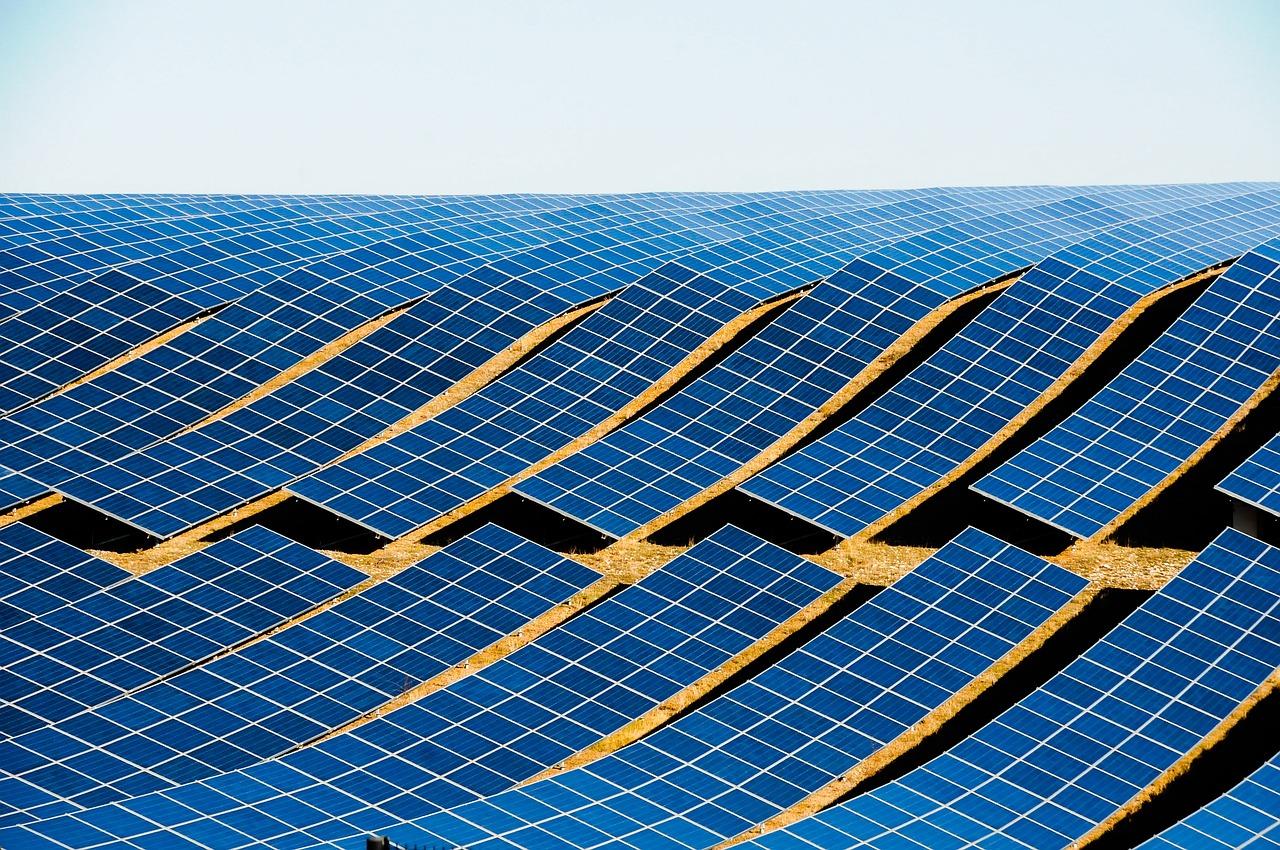The Commission is today stepping up its efforts to support the solar sector in Europe through the European Solar Charter. Signed today in the margins of the informal Energy Council meeting by the Commission – represented by EU Commissioner for Energy Kadri Simson – energy ministers from 23 EU countries and industry representatives, the charter sets out a series of voluntary actions to be undertaken to support the EU photovoltaic sector.
Speaking after the signature ceremony, Commissioner Kadri Simson said
‘The solar photovoltaic manufacturing sector is key for achieving our energy, climate and competitiveness goals. We must ensure the solar industry remains strong for Europe’s future, renewables-centred energy mix. The European Solar Charter brings together the Commission, national authorities and the industry, fostering cooperation and bringing support to the production of solar panels made in Europe.’
The signatories of the Charter commit to supporting the competitiveness of the European PV manufacturing industry and promoting the creation of a market for high-quality products meeting high sustainability and resilience criteria, in full respect of the EU’s climate and energy objectives. The Charter outlines a range of elements which can help in this regard, including the early implementation of relevant provisions in the Net-Zero Industry Act on the use of non-price criteria in renewable energy auctions, public procurement or other relevant support schemes.
The European Solar Charter marks the latest step in the Commission’s actions to support solar panel manufacturing in Europe. Previous measures include, amongst others, a proposal for a Net-Zero Industry Act, which is now provisionally agreed by the co-legislators, and the establishment of the European Solar Photovoltaic Industry Alliance. It will help ensure that the green transition and Europe’s industrial objectives go hand in hand, accelerating the deployment of renewables, while at the same time enhancing the competitiveness of the sector and the creation of green jobs.
Background
Faster and broader deployment of renewable energy, and especially solar energy, is indispensable for achieving the 2030 EU target of at least 42.5% renewable energy by 2030, with the aspiration to reach 45%, and the 2050 climate neutrality objective.
Solar energy, and in particular the deployment of photovoltaics, is currently the fastest growing renewable energy sector in the EU, leading to record numbers of annual installations in the last 3 years (around 28 GW in 2021, 41 GW in 2022 and 56 GW in 2023).
However, the bulk of the demand for solar modules in Europe is covered by imports. Currently, 97% of the solar panels imported into the EU come from China.
Related links

